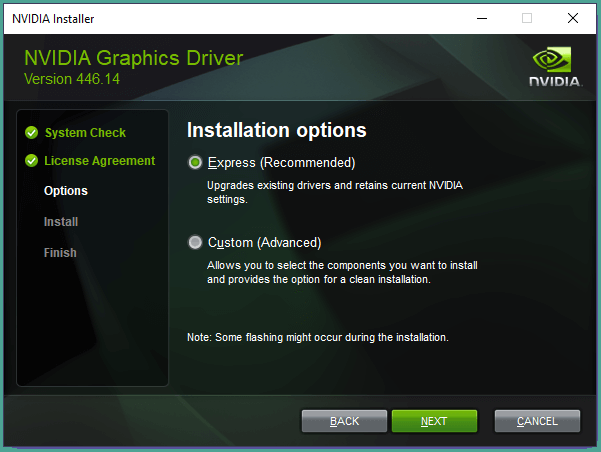

In many cases the answer to this is yes, however in some cases the manufacturers no longer make the Drivers available so you need to use a Driver Update Tool to install the missing Drivers. Alternatively, you can use the device manager to check if there are problems with any of your hardware devices. This will allow you to assess your Driver needs without any commitment. If you are unsure of whether or not you need to update your Drivers, or indeed which Drivers may need to be updated, you can run a Drivers scan using a driver update tool (you will need to pay to register this tool but usually the Drivers scan is free). How do I know if I need to update my Drivers? Once you have the details you can search the NVIDIA website for your drivers and, if available, download and install these drivers. To fix your Drivers problems you will need to know the particular model of the NVIDIA device you are having problems with.

Windows 10 32-bit NVIDIA Drivers Download Links The download links for 32-bit and 64-bit Drivers are different as are the Drivers for different Operating Systems.

Updates are recommended for all Windows 11, Windows 10, Windows 8, Windows 7, XP and Vista users. IMPORTANT NOTICE: Downloading the latest Driver releases helps resolve Driver conflicts and improve your computer’s stability and performance. Driver updates will resolve any Driver conflict issues with all devices and improve the performance of your PC. It is recommended you update your NVIDIA Drivers regularly in order to avoid conflicts. Recommended NVIDIA GeForce Drivers Updates


 0 kommentar(er)
0 kommentar(er)
